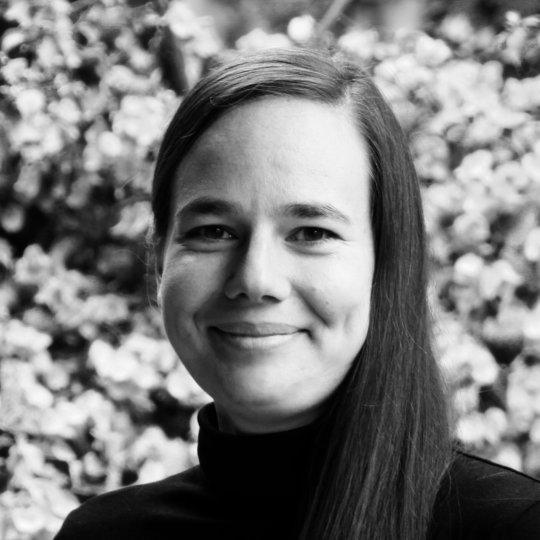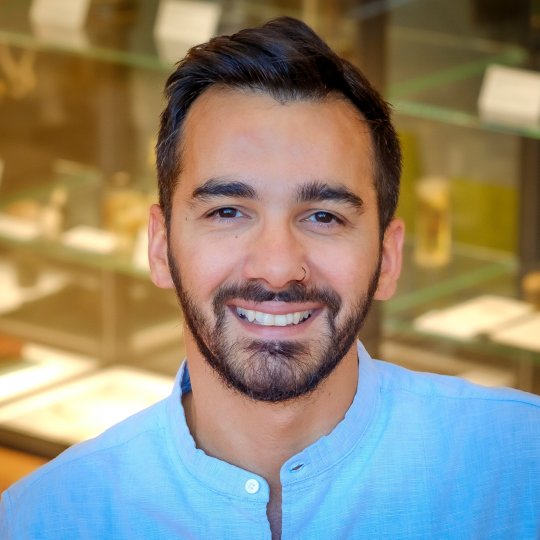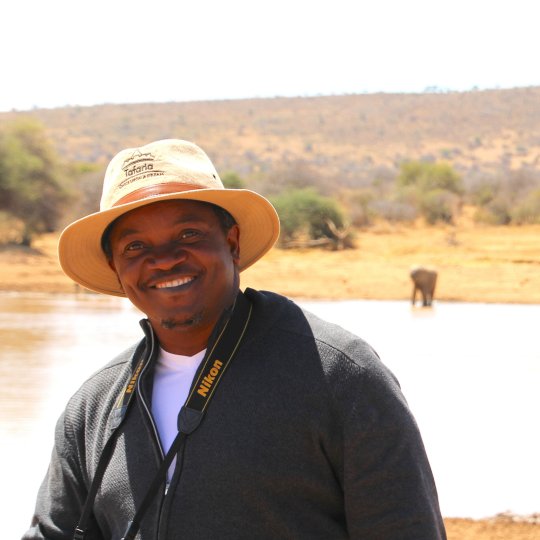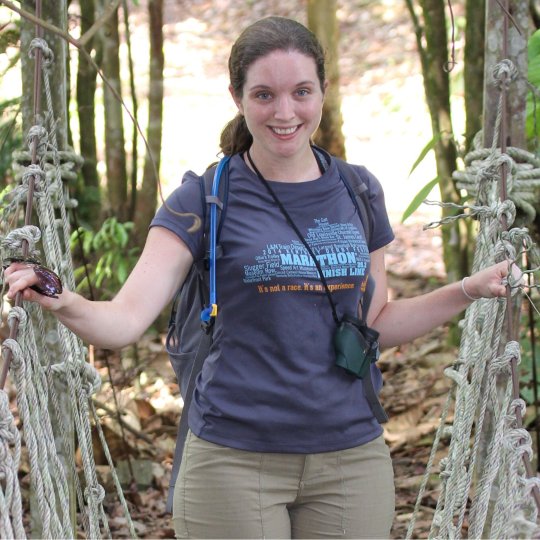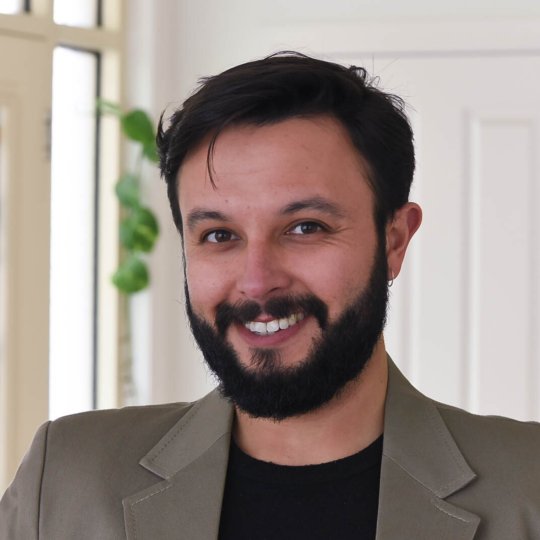Soulsby Fellowships awarded for One Health projects in 2020
Covid pandemic highlights the importance of research that spans human, animal and environmental health.
Researchers working across the wide range of One Health issues have been awarded fellowship funds to allow them to progress their research.
Five fellowships, in total worth £50,000, have been awarded to support research into zoonotic disease, maternal health, sustainable food production and biodiversity.
The fellowships are awarded by the Soulsby Foundation – a charity that supports researchers, particularly those early in their career, working on One Health projects.
Lisa Cavalerie
Lisa Cavalerie (University of Liverpool and International Livestock Research Institute, Ethiopia) is using the fellowship to study the benefits and risks of livestock ownership to maternal health in women in Ethiopia. ‘The aim of the study will be to develop sustainable livestock health management to improve both maternal and child health’ said Cavalerie.
Vito Colella
Vito Colella (University of Melbourne, Australia) is determining whether targeting dogs in Cambodia is more effective at controlling hookworms in children than human-targeted strategies alone. ‘The canine hookworm is the second most common hookworm of people in the Asia-Pacific region where these parasites cause serious blood loss and anaemia, particularly in children’ says Colella. This pilot study will assess the impact of mass de-worming of dogs on the proportion of children infected and will analyse the cost-effectiveness of this approach’.
Mark Nanyingi
Mark Nanyingi (Universities of Liverpool and Nairobi, Kenya), RSTMH Country Ambassador for Kenya, is investigating the presence of Rift Valley fever virus (RVFV) in people, livestock and mosquitoes in Kenya. He aims to develop a human-animal integrated surveillance system which will inform national policy and decision making in the event of outbreaks. ‘This study will enhance our understanding of the geographical risk, distribution and genetic diversity of the virus’ says Nanyingi.
Kelsey Shaw
Kelsey Shaw (Emory University, USA) will study schistosomiasis, also known as bilharzia. Despite decades of control efforts, schistosomiasis cases remain high in Tanzania’ she says. ‘Snails transmit schistosomes, but pesticides used to kill the snails also kill other species including snail predators’ she says. Shaw’s project will investigate whether this reduced biodiversity actually leads to increased transmission of schistosomes both to humans and to livestock.
Juan Pablo Villanueva-Cabez
Juan Pablo Villanueva-Cabezas (Peter Doherty Institute for Infection and Immunity, Australia) is studying milk production systems in Bhutan with a view to improving both cattle and human health. ‘Milk producers in the region have had some success in establishing milk cooperatives’ says Villanueva-Cabezas,‘but limited access to animal feed and various health issues including zoonotic diseases have undermined their success’. Instead of focusing of disease pathogens, Villanueva-Cabezas will be considering animal husbandry and food safety practices as well as promoting general awareness of zoonotic diseases.
Chair of the Soulsby Foundation trustees, Judy MacArthur Clark, said:
The Covid-19 pandemic has highlighted the intimate link between animals and humans in emerging diseases. This emphasises the importance of a One Health approach so firmly advocated by Lord Soulsby in which veterinary and medical health professionals work together to find solutions. These 2020 Soulsby Fellows are remarkable examples of how a One Health approach benefits humans, animals and the communities in which they live. They are potential future leaders who will enable us to better respond to future pandemics.
